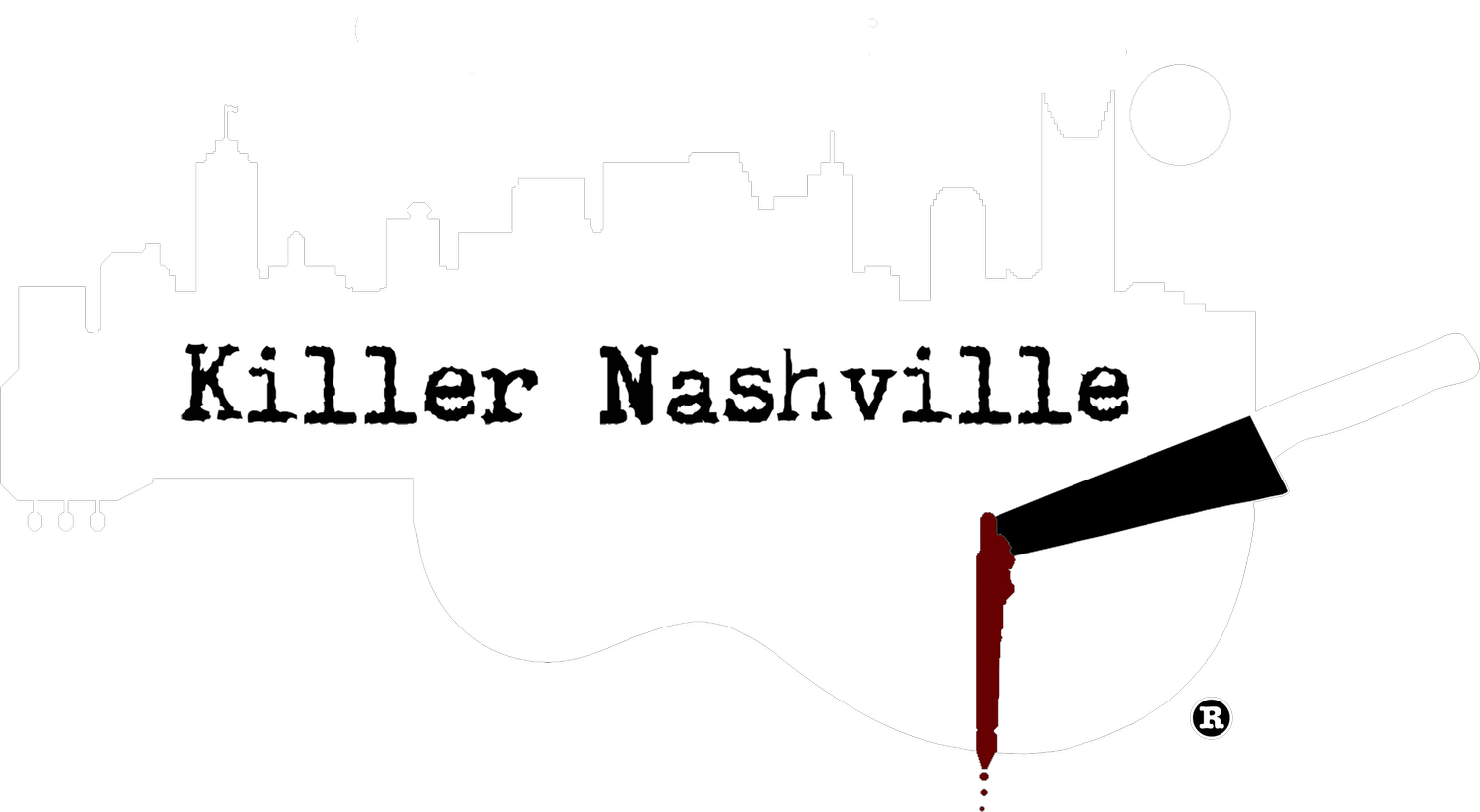Writing From a Male POV – As a Woman
If the author’s axiom “write what you know” is worthy advice, I haven’t heeded it. From the get-go, with my first series, I wrote from a man’s point of view. It felt natural, which makes me wonder if a psychologist would have a field day with my psyche. My surface reasons for writing from a man’s perspective, however, are less complicated. The series features a masculine homicide detective crippled by the effects of child abuse. When I began researching this subject, male molestation was underserved in psychotherapy, which is exactly why I wanted to shed light on it. Many people bury their crisis instead of facing it head on, and I instilled in this protagonist the desire to unravel his mental knots. Conveniently, for Gabriel McRay, the main character, each case he solves triggers a vital point in his recovery.
Writing from the male victim’s point of view gives his journey-to-better-mental-health more impact than, say, if I wrote from the perspective of his girlfriend or his mother. I purposely made the psychotherapy in the book as true to life as possible. More than one male psychiatrist guided me in my research because I wanted to cover the right bases.
Of course, when you want to “think like a man,” there’s always a risk…
“Men mistakenly expect women to think, communicate, and react the way men do; women mistakenly expect men to feel, communicate, and respond the way women do.”
Men Are from Mars, Women Are from Venus― John Gray
While that may be true, thankfully, there’s a lot more gender-blending going on these days than in years past. The roles of males and females (or non-binary people) are not so traditionally defined.
Still, there are practical considerations. I found myself asking my husband things like, “Couldn’t men sit down when they urinate?” and “Do you absolutely hate having to shave every day?”
He’s a patient man. I even hit up my son with lots of questions. It’s okay. They know me well.
To an extent, my efforts have paid off. I have an equal number of male readers as I do female, so I must not have alienated menfolk. The best email I ever received was from a man who confided to me that he suffered the same sort of childhood experience as Gabriel. I deeply sympathized with the reader but felt a sense of satisfaction when he said he found the therapy sessions in the book helpful.
Despite these successes, the female in me did manage to edge into Gabriel’s POV.
Students of creative writing at the University of California at Los Angeles (UCLA) did a character breakdown of the books and pointed out how much they enjoyed the role reversals. Whaaat?
Okay, I admit that Gabriel does the cooking, and his high-powered girlfriend, Dr. Ming Li, earns more money than he. The students, however, took well to Gabriel and Ming’s yin-yang, dualistic relationship and found it believable. I kept my mouth shut and pretended I created the role reversals on purpose. The upshot is, I don’t think any of us writers can escape putting a little of ourselves into every character. Perhaps the more people do this, the less one can accuse us of coming from different planets.
